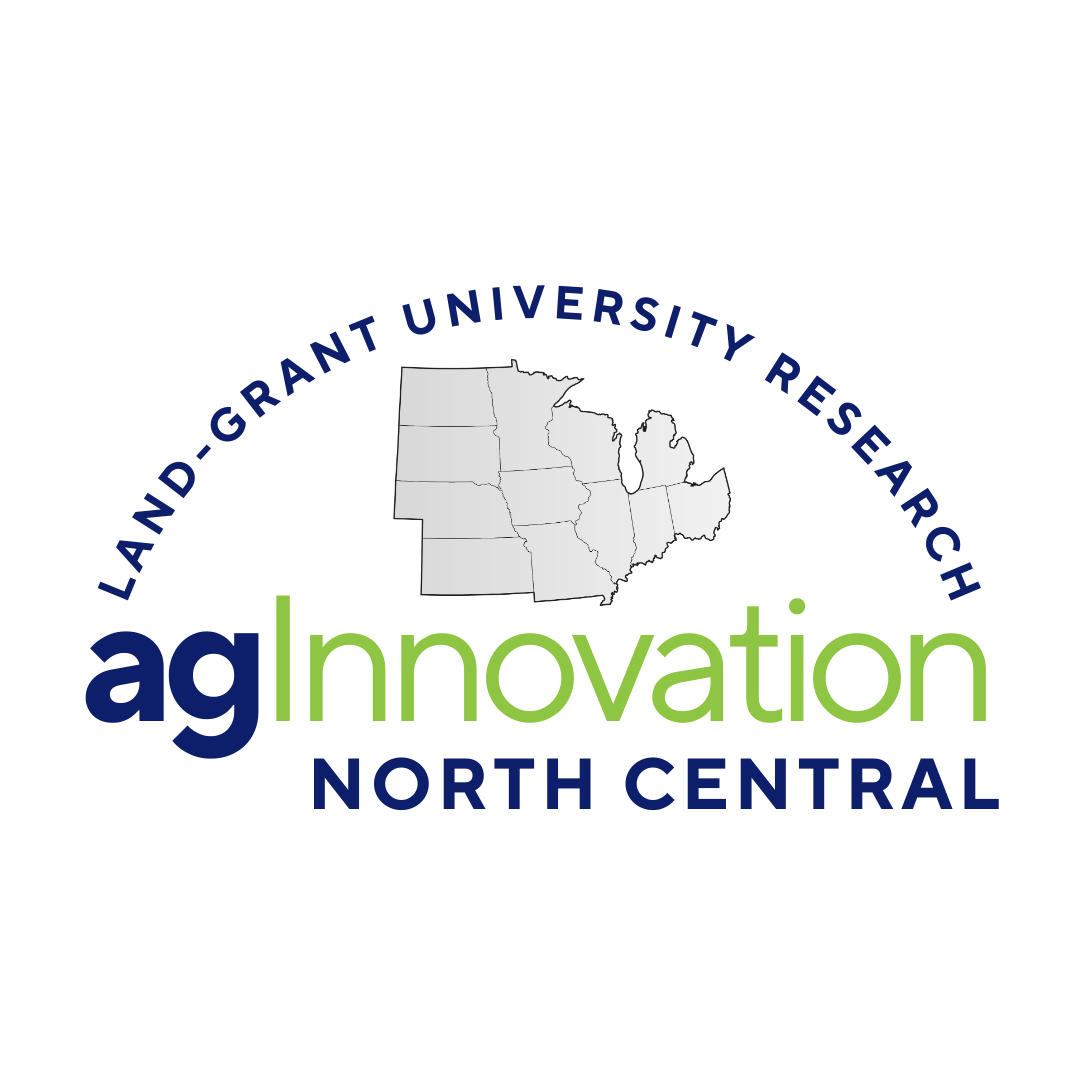
NCERA_OLD192: North Central Regional Turfgrass Research
(Multistate Research Coordinating Committee and Information Exchange Group)
Status: Inactive/Terminating
NCERA_OLD192: North Central Regional Turfgrass Research
Duration: 10/01/2001 to 09/30/2006
Administrative Advisor(s):
NIFA Reps:
Non-Technical Summary
Statement of Issues and Justification
Statement of Issue and Justification: The turfgrass industry has seen tremendous growth over the last 20 years creating many opportunities for the turfgrass programs within the North Central Region. The NCR-192 committee has been a valuable vehicle for cooperative research projects and as a forum to discuss current and future research trends. Participation in NCR-192 meetings is strong with an average attendance of 56 for the 1998 through 2000 annual meetings. The growth of the turfgrass industry is mirrored by the growth of university teaching, research, and extension positions across the US and within the NCR-192 region. Within our region, 8 new tenure-track positions in turfgrass science have been created in the last 5 years, representing an increase of 28 over tenure-track positions that existed in 1995. There is a great deal of demand for information from turf managers on the latest cultivars, agrochemicals, or techniques to manage high quality turf. The NCR-192 group can dramatically increase their effectiveness by working together on many of these issues. The National Turfgrass Evaluation Program (NTEP) has already addressed the area of cultivar evaluation but that leaves a wide array of practical issues that can be addressed by NCR-192. Further, the development of internet-based extension information has made the need for collaboration even greater. Duplication of web-based resources is unnecessary, wasteful, and confusing to the consumer. The North Central Region turfgrass research committee has a good history of cooperation, but we intend to dramatically increase the level of cooperative research and extension as we move into the 21st century. Two regional research trials on the evaluation of low maintenance turfgrasses for the North Central region have resulted in one journal article (Diesburg, K.L., N.E. Christians, R. Moore, B. Branham, T.K. Danneberger, Z.J. Reicher, T. Voigt, D.D. Minner, and R. Newman. 1997. Species for low-input sustainable turf in the U.S. upper midwest. Agron. J. 89:690-694) with another to follow upon completion of the second trial. A regional guide to the identification and use of turfgrasses in the Midwest was recently completed by Tom Voigt and other cooperators and was recently posted http://www.turf.uiuc.edu/NCR- 192/NCR19220Web/frameone.htm on the NCR-192 web page (http://www.turf.uiuc.edu/NCR-192\ The NCR-192 web page has been developed and maintained by Tom Fermanian at the University of Illinois.�
Objectives
-
Identify grasses that perform well under reduced levels of pesticides, fertilizers and
water. A trial is currently underway to evaluate several grass species and grass/legume
mixtures for very low maintenance turf. These turf receive no fertilizer, pesticides, or
water. Quality evaluations from around the region will determine those species or
mixtures most suited to low maintenance. Other studies will examine methods to
reduce or eliminate the need for fungicide, insecticide, or herbicide applications to
high quality turf. The committee will also examine the use of composts as a means to
reduce fungicide applications on highly maintained turfgrass sites.
-
Facilitate research and extension programs among turfgrass scientists within the
region.
At the recent NCR-192 meeting, a new research and extension planning exercise was
undertaken by the committee. As a result, five new research projects were planned
and one new extension project was begun. The progress of these new projects will be
reviewed at the next NCR-192 in June of 2001. The research and extension planning
program will remain as a part of the NCR-192 meeting, and should lead to more
regional cooperation.
-
Communicate research and extension information to other scientists, professional turf
managers, and consumers in the North Central Region.
The purpose of cooperative research is to develop information that is valuable to the
North Central region. Therefore, publication in refereed journals as well as joint
station bulletins and other avenues, including the NCR-192 web page, will be used to
disseminate the information obtained. Extension information will be disseminated
through our existing web site.�
Procedures and Activities
Expected Outcomes and Impacts
- The NCR-192 regional research committee will provide an excellent forum to help scientists develop active, functional research programs related to turfgrass management.
- Regional collaboration will help advance their careers while developing sound research and extension publications and materials. It will also help reduce duplicative research while increasing collaborative research.
- Refereed journals as well as joint station bulletins and other avenues, including the NCR-192 web page, will be used to disseminate information obtained through regional collaboration.
- Extension information will be disseminated through the existing web site (http://www.turf.uiuc.edu/NCR-192).�
Projected Participation
View Appendix E: ParticipationEducational Plan
see outcomes/impacts
Organization/Governance
The recommended Standard Governance for multistate research activities include the election of a Chair, a Chair-elect, and a Secretary. All officers are to be elected for at least two-year terms to provide continuity. Administrative guidance will be provided by an assigned Administrative Advisor and a CSREES Representative.
Literature Cited
�